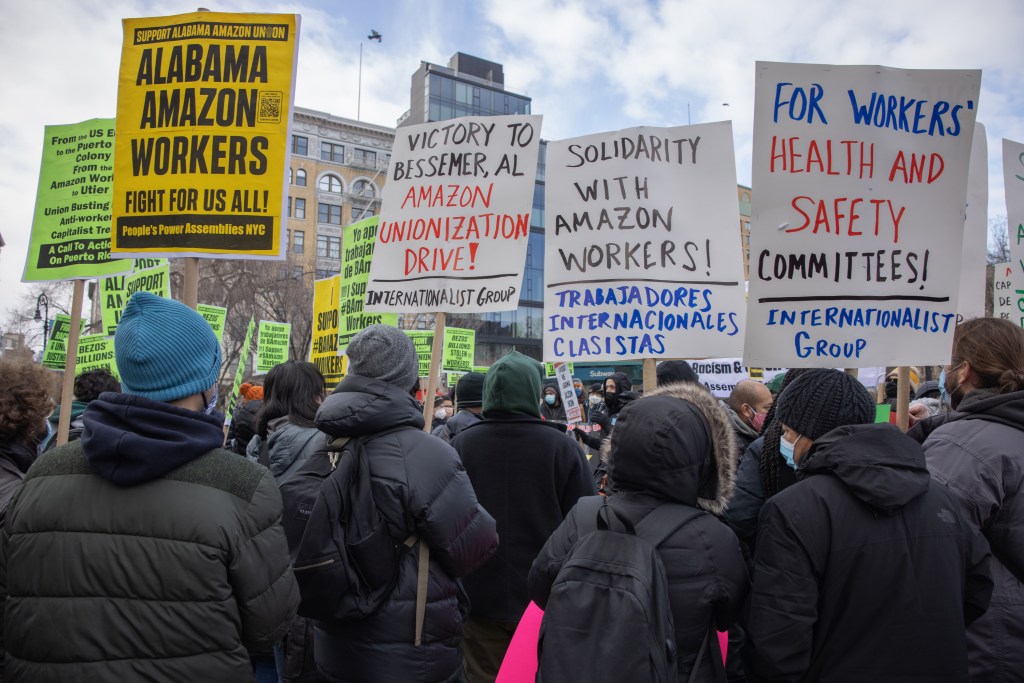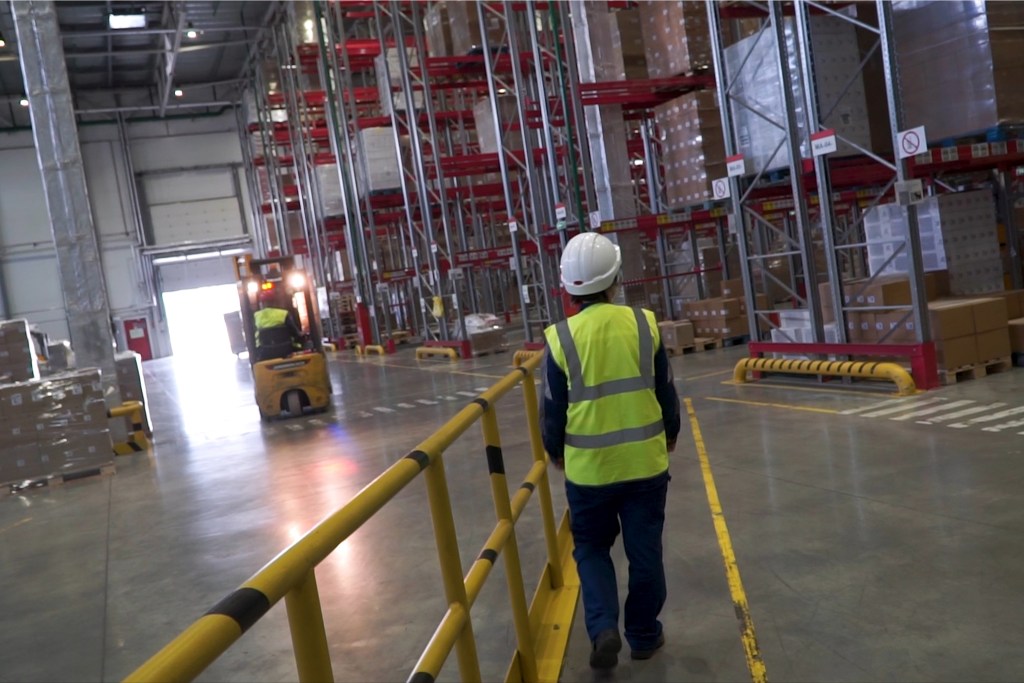Amazon is well-known for overworking its people. Multiple articles have been written on the issue. The stories of Amazon warehouse workers and the conditions under which they’ve been expected to work are the stuff of which workplace horror stories are made.
For example, some workers recall Amazon forcing them to work at a dizzying pace, for a measly $12.50 per hour, and in a desperate effort to keep from being fired for “productivity reasons,” and all to keep up with orders coming in from the company website.
Amazon calls its warehouses “fulfillment centers,” but those who work in them see more than a touch of Orwell’s 1984 in how the places are run. In the constant pursuit of ultra-efficiency where every aspect of an employee’s job is monitored and measured, Amazon is risking its reputation by mistaking its most valuable asset, its people, for robotic wage-slaves.

The New York Times calls out Amazon
The New York Times has put out multiple articles detailing Amazon’s bruising working conditions. Corporate stooges demand that employees willingly put in overtime on weekends, nights, and even forgo vacations without grumbling or complaining even a single word. One of those articles trounced Amazon for conditions in which workers had to “urinate in bottles because they have no time to go to the bathroom — a level of control that few modern corporations would dare exercise.”
Obviously, if true, the level of overwork experienced by Amazon employees is appalling. Upon hearing these stories, one’s mind might immediately recall the horrible work conditions suffered by those who lived through the Industrial Revolution. Worse, they might conjure images of forced labor. Indeed, these sorts of things should be unheard of in corporate America.
Of course, others may argue that it’s not Amazon’s fault. The executives there are really victims, too. Only in their case, they’re casualties of corporate culture and the innovative platform built by Jeff Bezos. Everyone from executives to middle management to the warehouse worker is merely responding to forces outside their control.
From the outside looking in, however, the latter explanation seems exceedingly contrived. However, from a pragmatic point of view, one must ask if overworking employees results in high-quality output and is overall productivity increased?
Research says overworking employees provides no benefits
You can begin to avoid the mistakes Amazon appears to be making by understanding that overworking your employees doesn’t result in more output. In fact, professor Erin Reid at Boston University’s Questrom School of Business conducted a study in which he found that managers couldn’t tell the difference between employees who pretended to work 80 hours per week and those who actually did.
Moreover, many managers engaged in punitive actions against employees who weren’t honest about the actual time they spent working even though there was no evidence that their output was less than those who put in the expected working hours. Tellingly, these same managers couldn’t identify any additional output by the employees who worked longer.
Outside of output, overwork harms the human body. Thus, in the long run, it hurts not only the employee but also the company making harsh demands. Many studies, such as several conducted by the Finnish Institute of Occupational Health and cited by the Harvard Business Review, have found that overwork leads to a host of health issues. Overworked employees experience depression, diabetes, memory loss, heart disease, and more.
Thus, even miserly employers who don’t care a thing for their workers’ well-being ought to understand that overworking their employees negatively impacts their bottom line.
Overwork results in costly mistakes
One would think it’s common sense to realize that mistakes are more likely to occur when an individual is overworked and exhausted in body and mind. Performance drop-off due to lack of sleep is a real thing. One could argue that companies like Amazon, which are reported to overwork their employees regularly, are cutting off their noses to spite their faces.
Why no one remembers history is a question well worth asking. It’s well-known that when companies during the Industrial Revolution were forced to limit the number of hours they could require their employees to be on the job, productivity actually increased.

The bottom line
If your company wants to avoid Amazon’s apparent mistakes in terms of how it treats employees, simply think about how you would want to be treated as an employee. Could you work 60 to 80-hour weeks routinely? At a breakneck pace? How would you fare if you were constantly under observation and continuously evaluated to see whether you should be fired?
Almost no one likes being micromanaged or being treated like a number or cog in the wheel. You can be a better employer by remembering that your employees are more valuable than any piece of machinery, piece of software, or literally any other resource your company has.
By avoiding toxic behaviors that emphasize economic incentive, charismatic (or authoritarian) leaders, and a purposeful evasion of fact-based evidence, you can build a corporate culture where everyone thrives.


